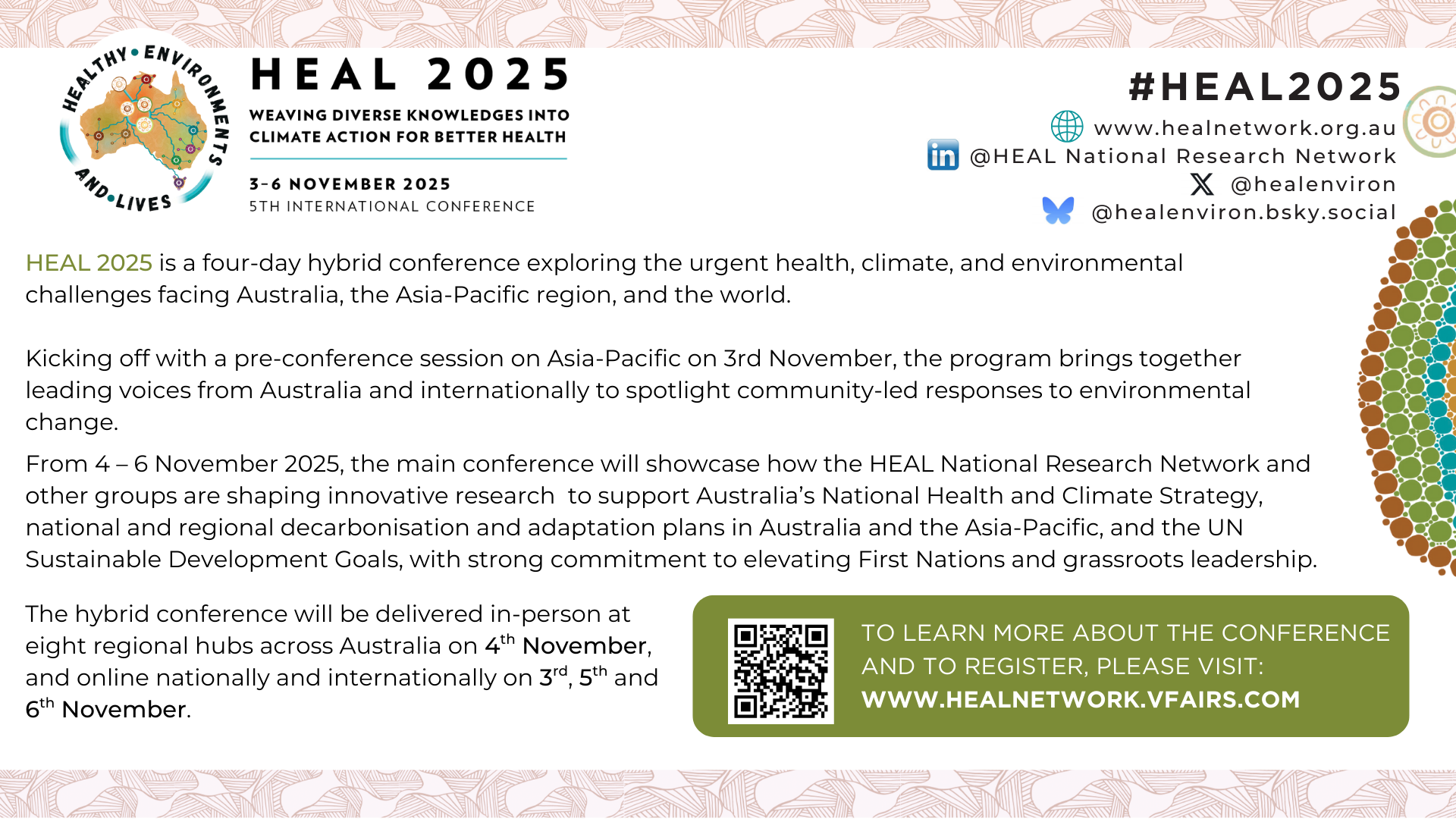- Need Technical Assistance? healthnetwork@getvfairs.io
Healthy Environment and Lives (HEAL) 2025 is a four-day hybrid conference exploring the urgent health, climate, and environmental challenges facing Australia, the Asia-Pacific region, and the world.
HEAL 2025 Conference is funded by the National Health and Medical Research Council (NHMRC).
Whether you're a scientist, student, practitioner, or community leader—HEAL 2025 is where **collaboration meets impact**.
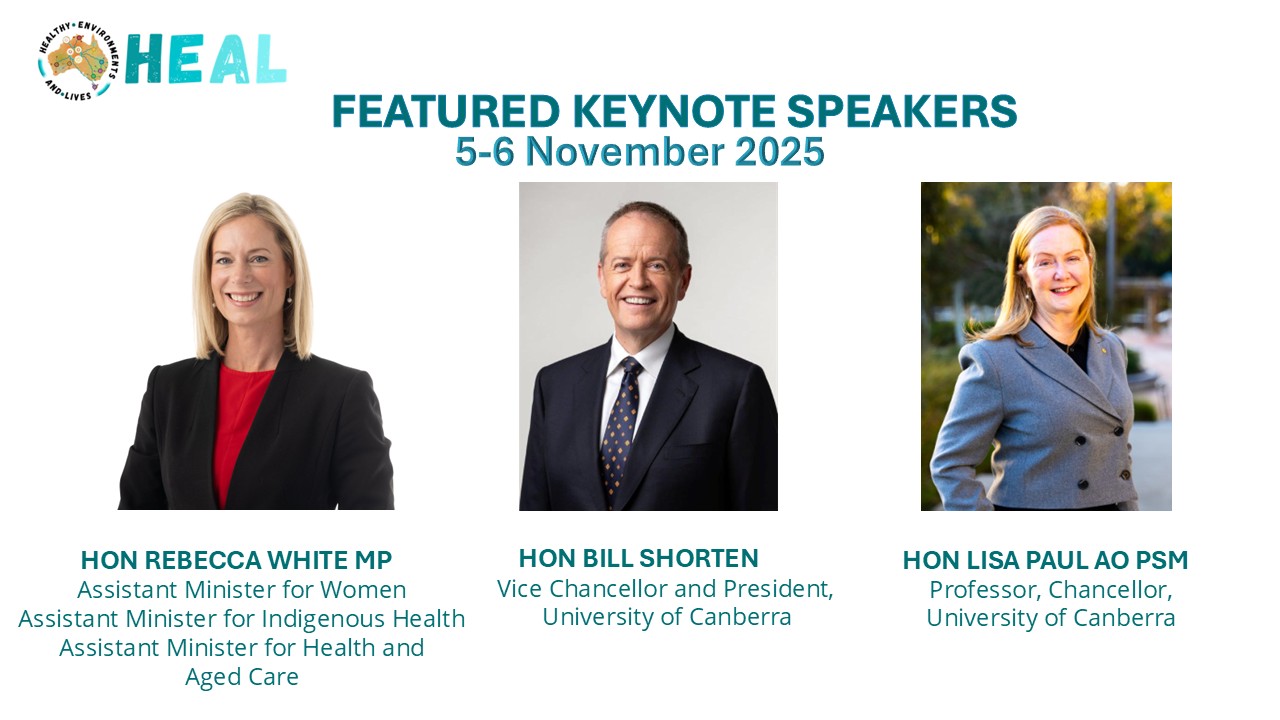
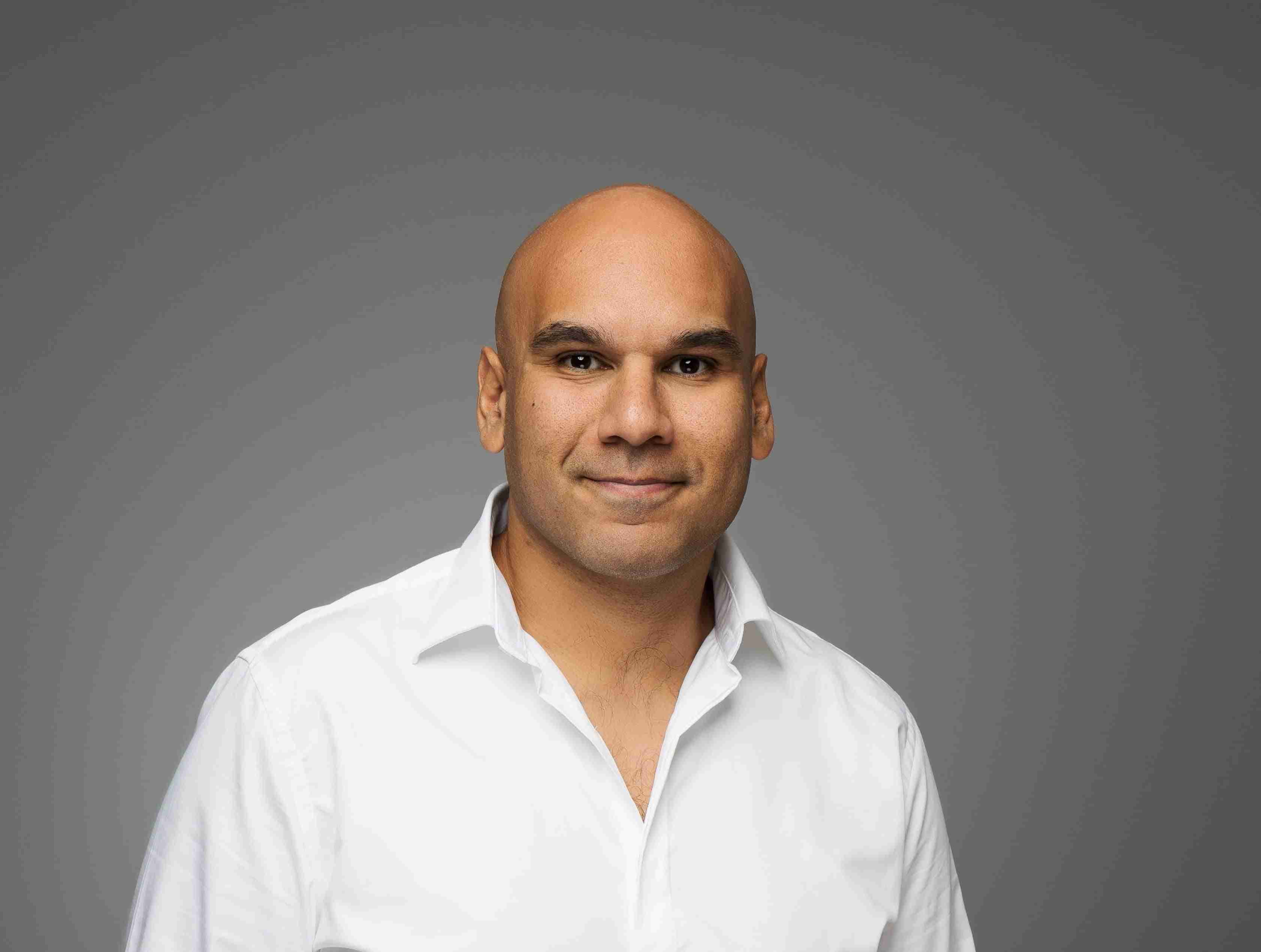

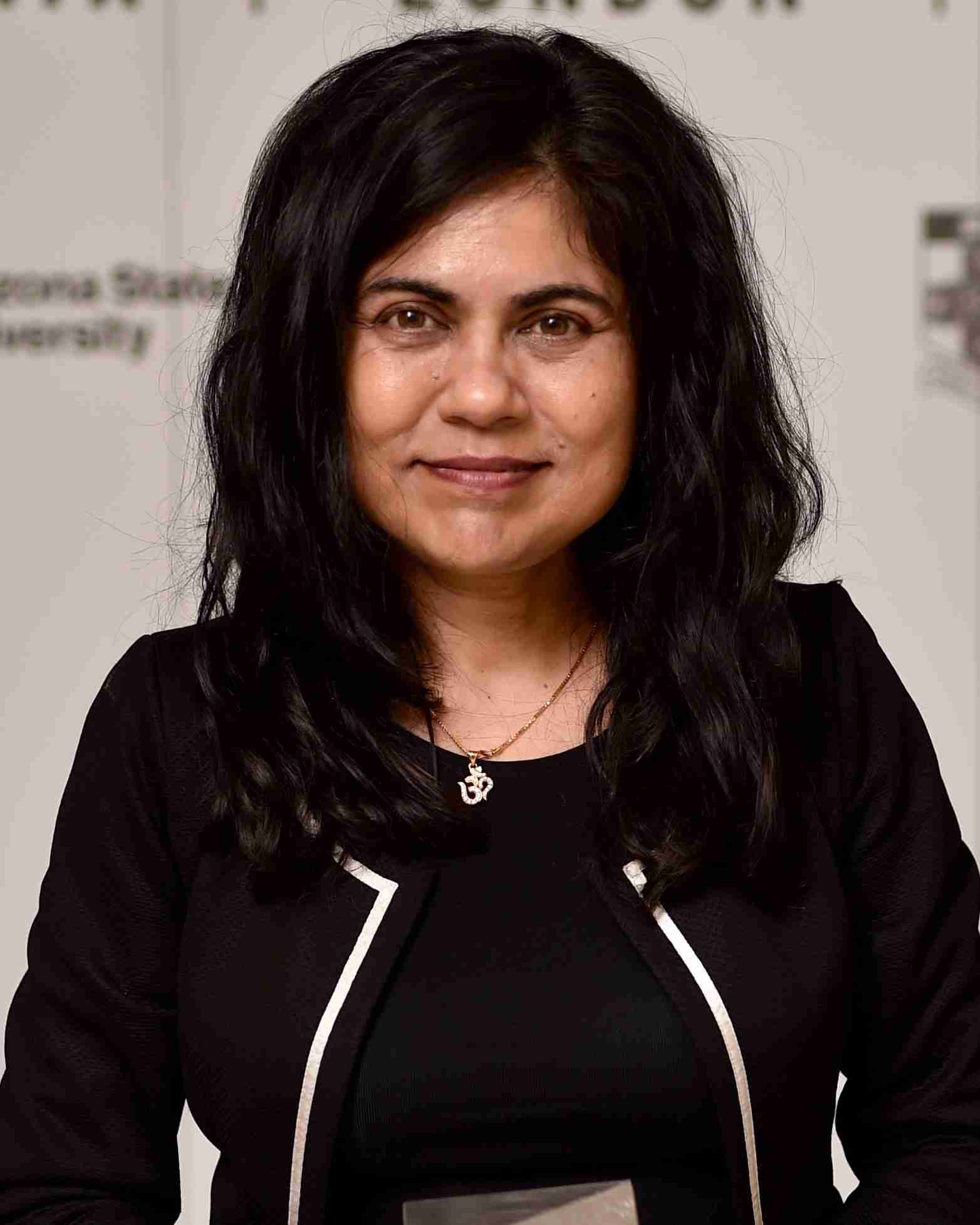
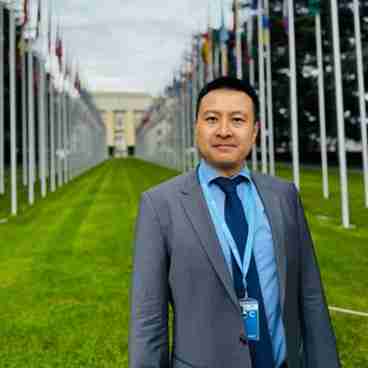

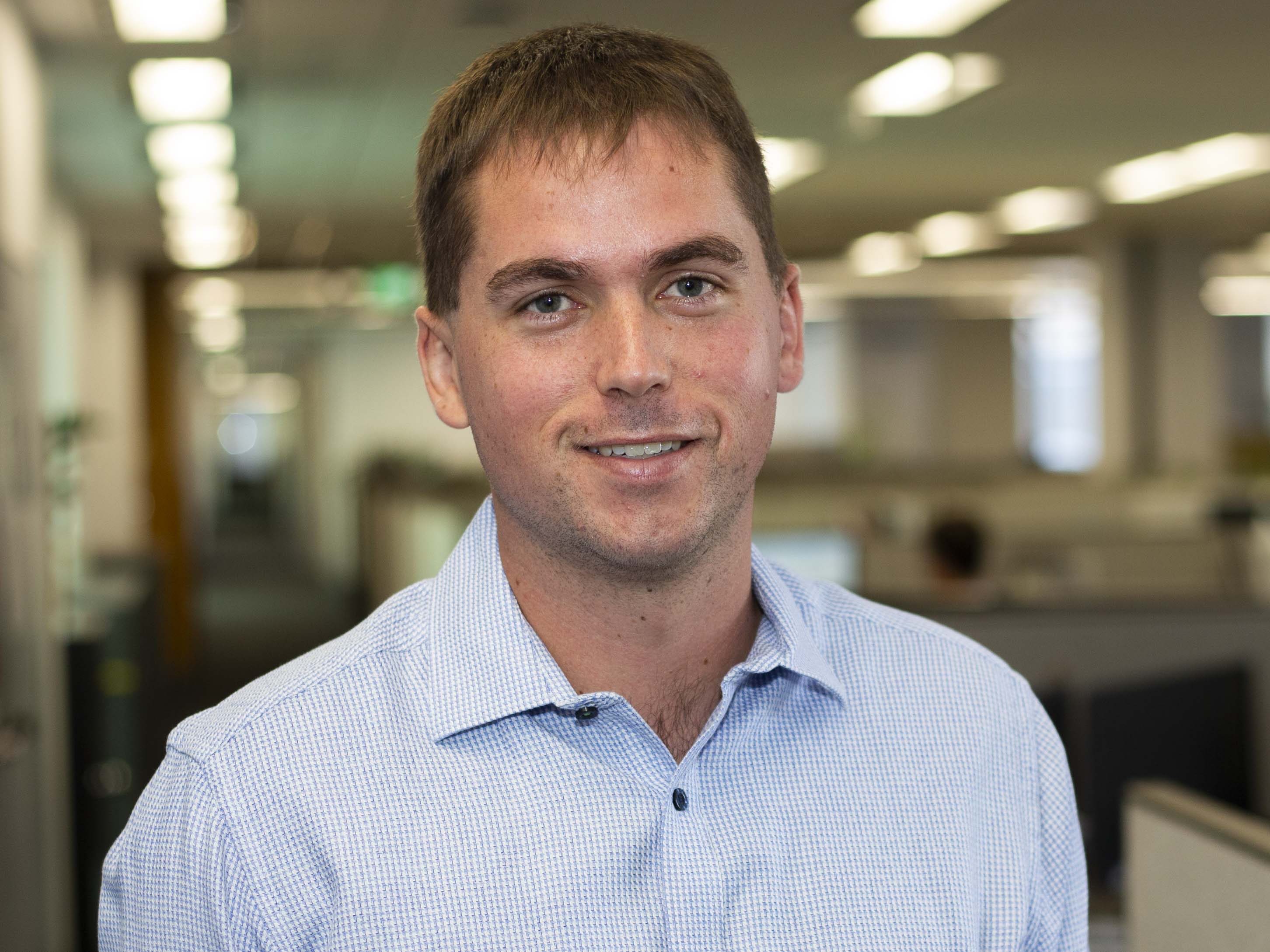
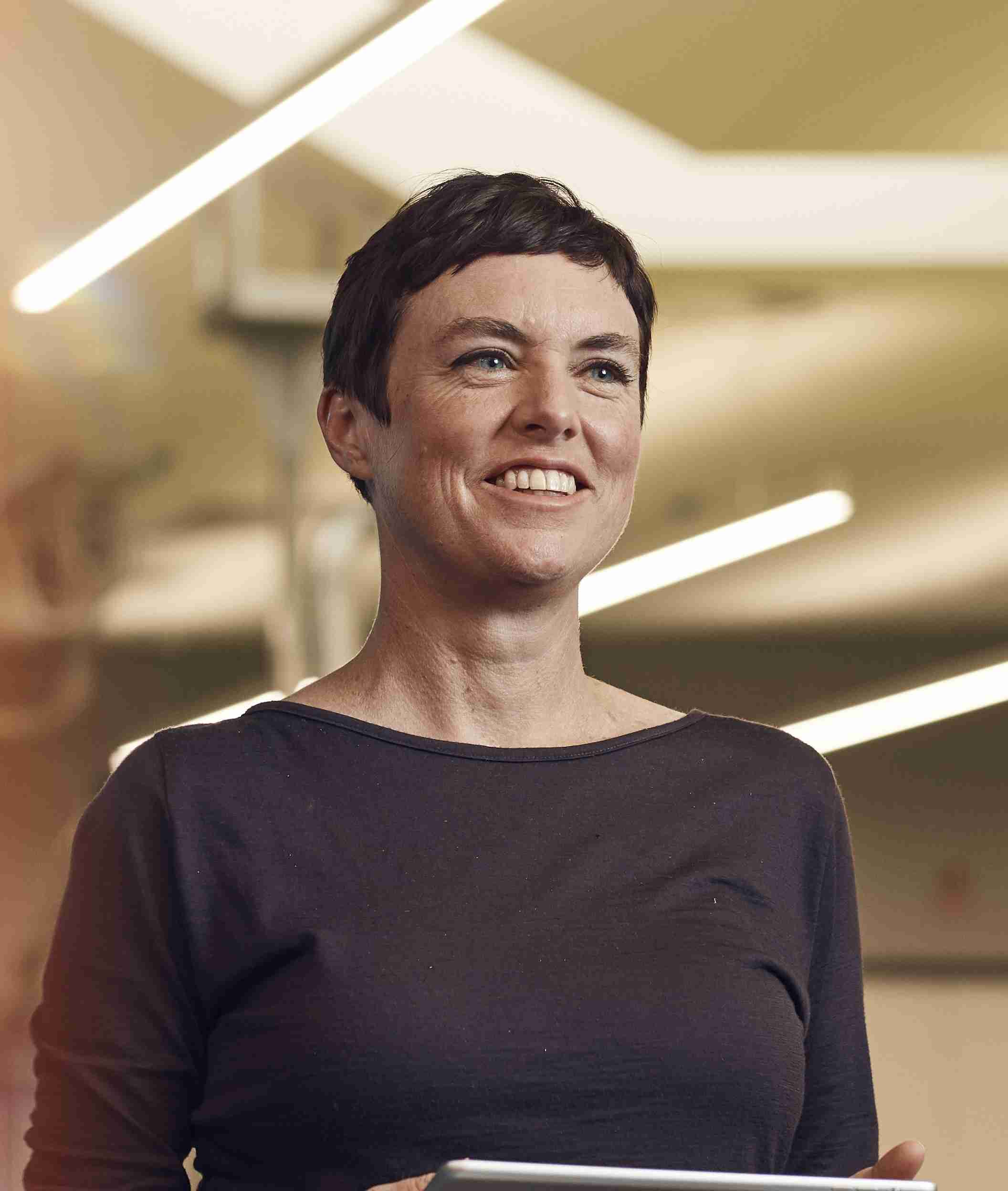


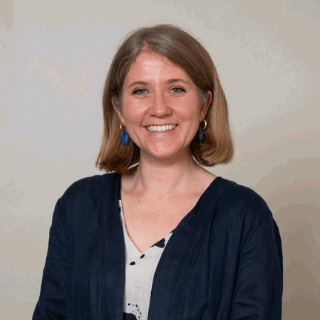
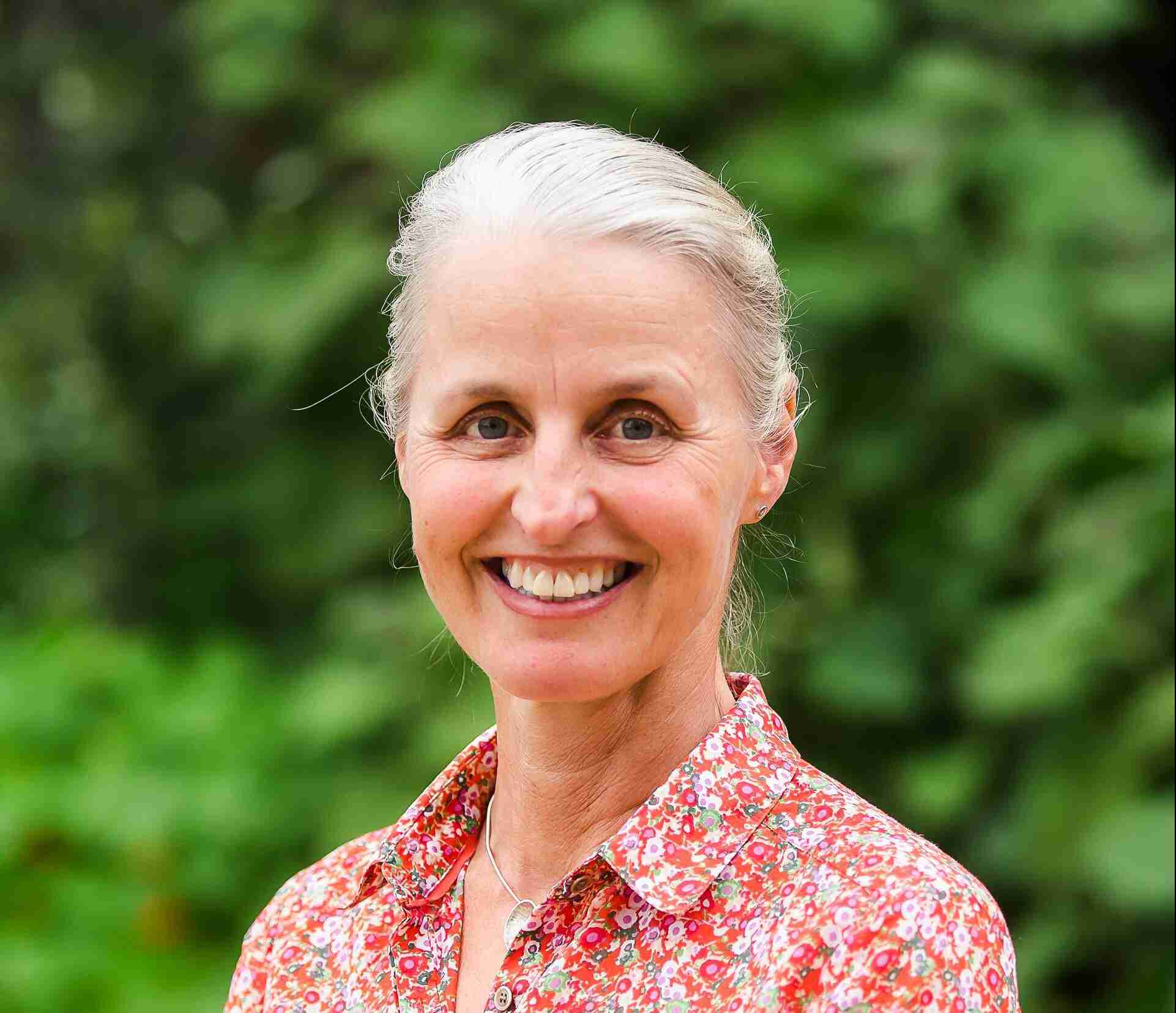
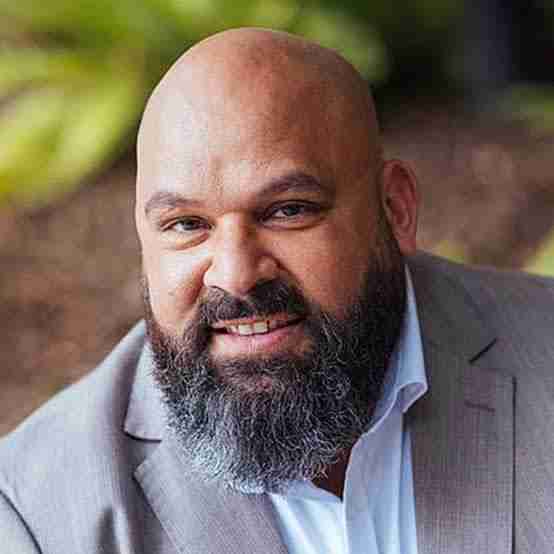
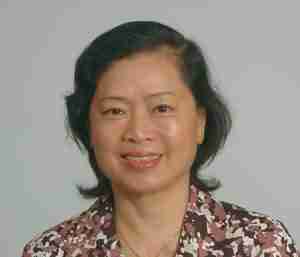
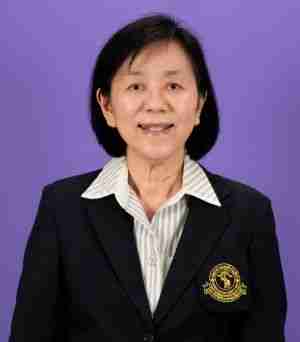
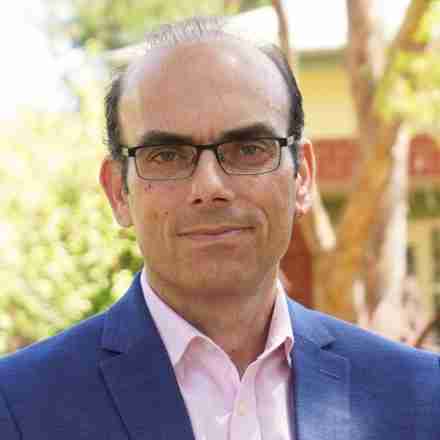
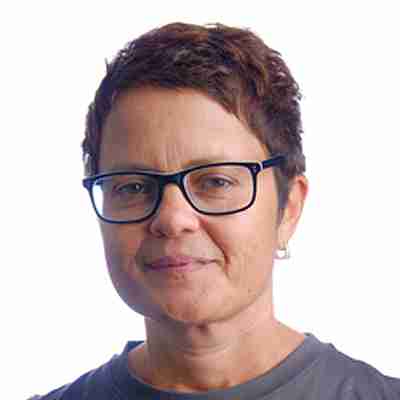
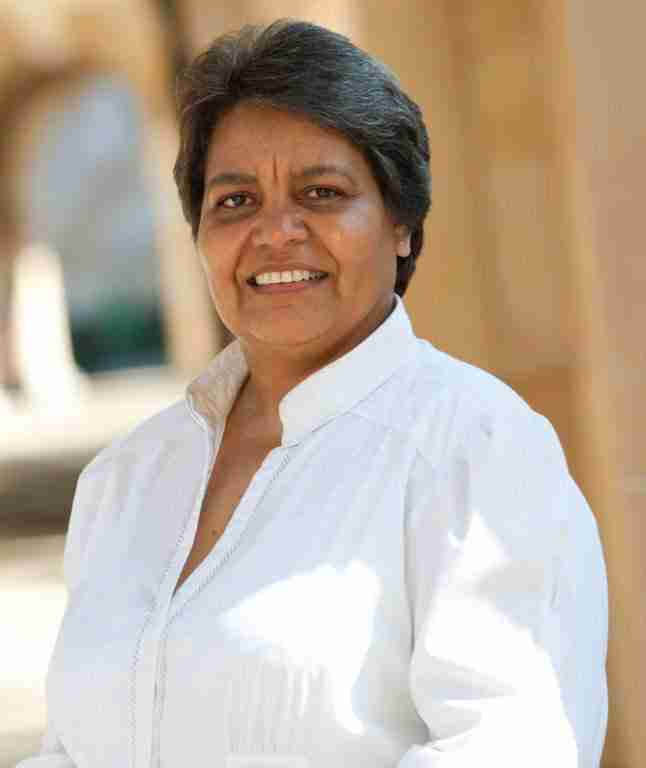
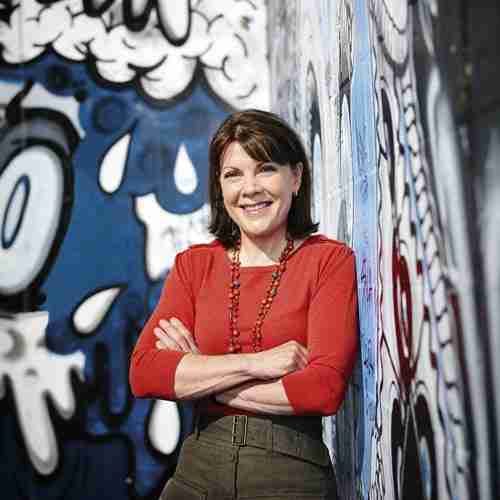
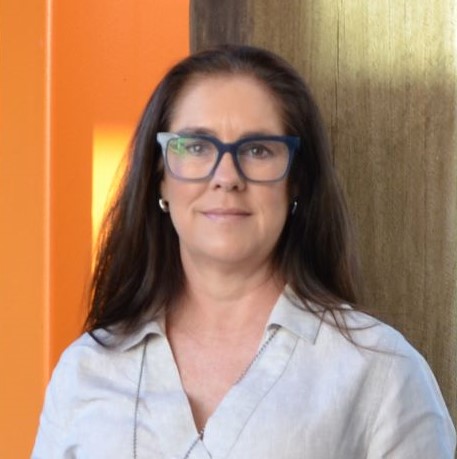
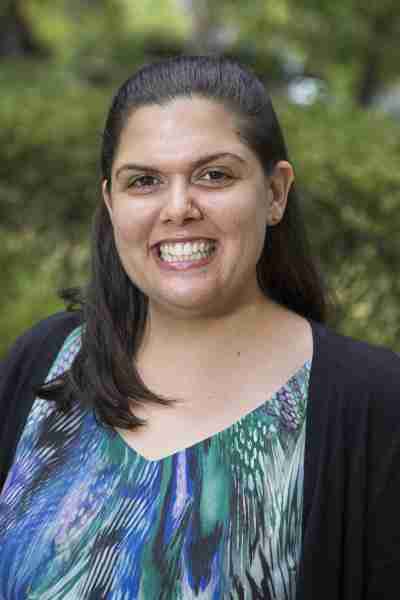

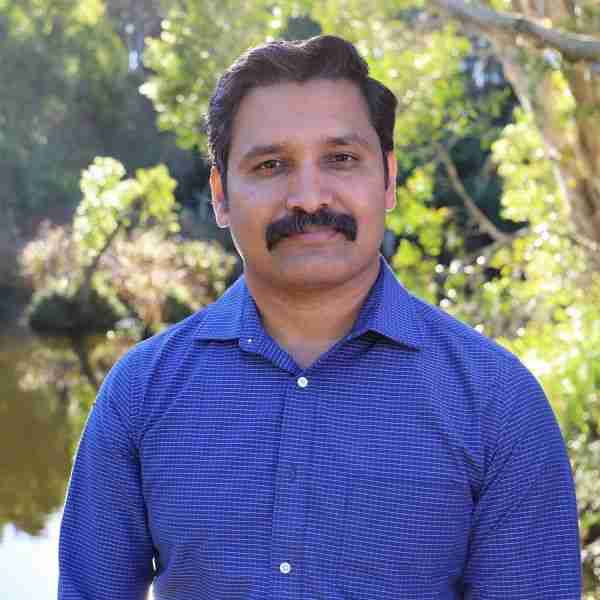

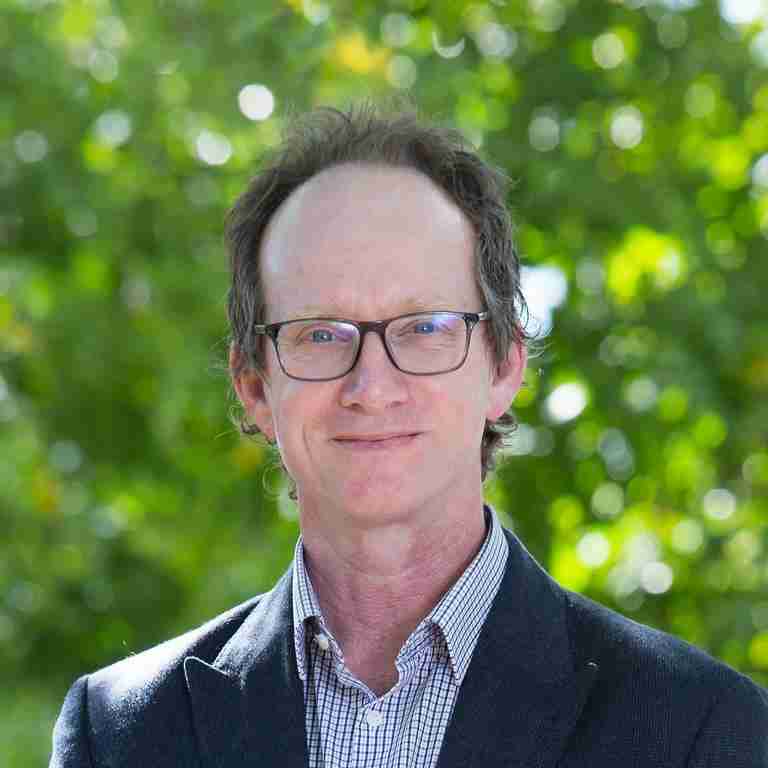
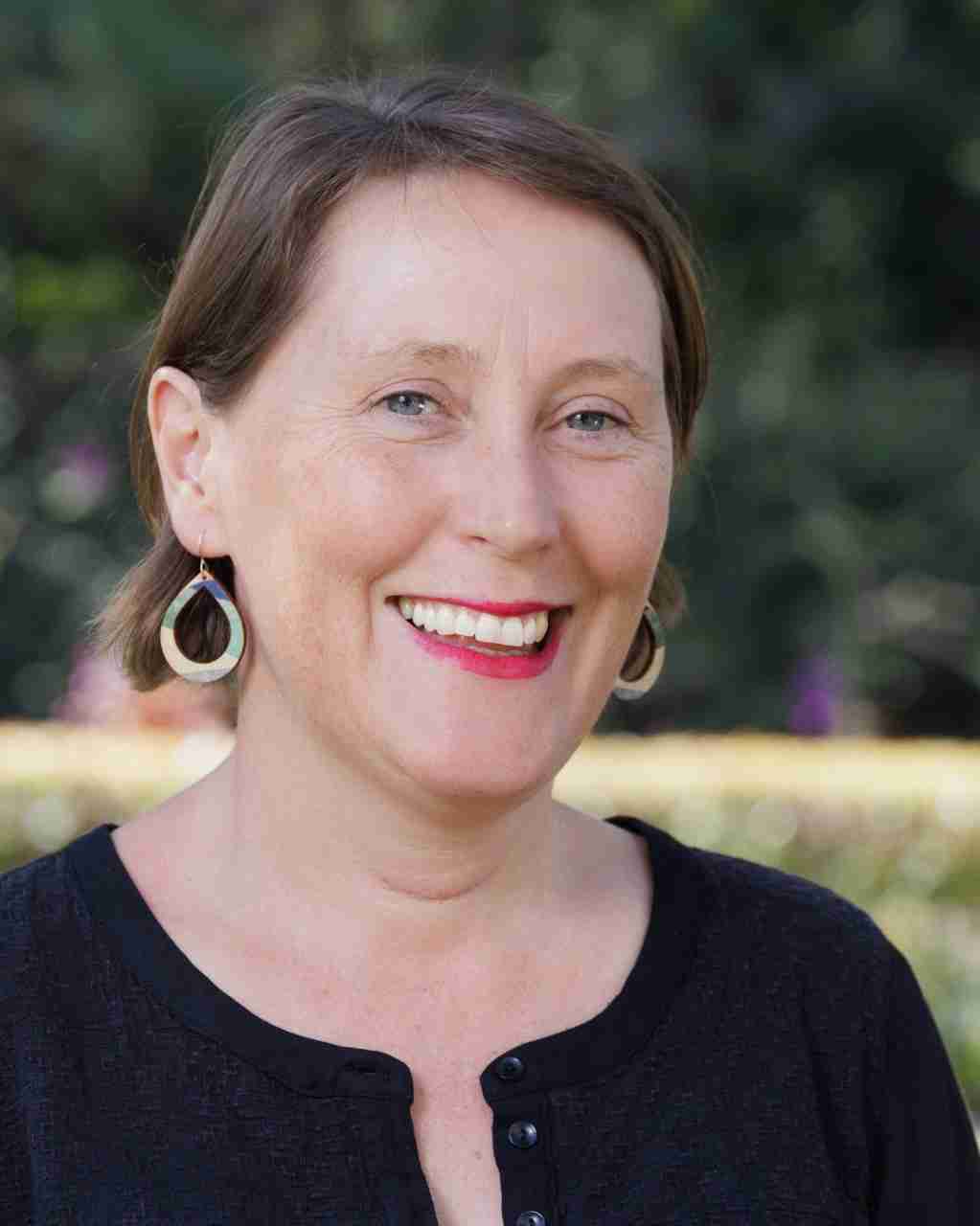

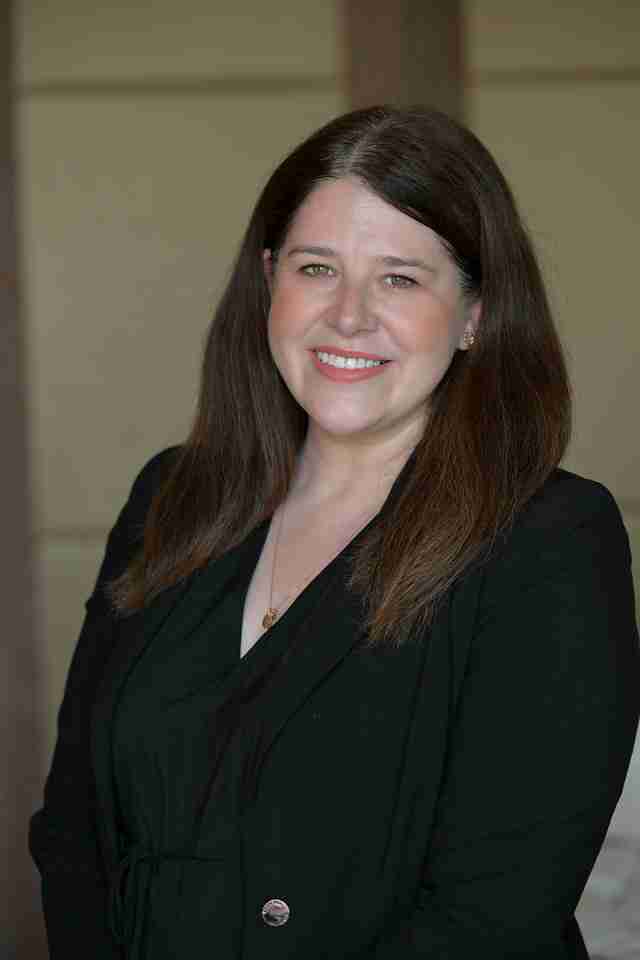
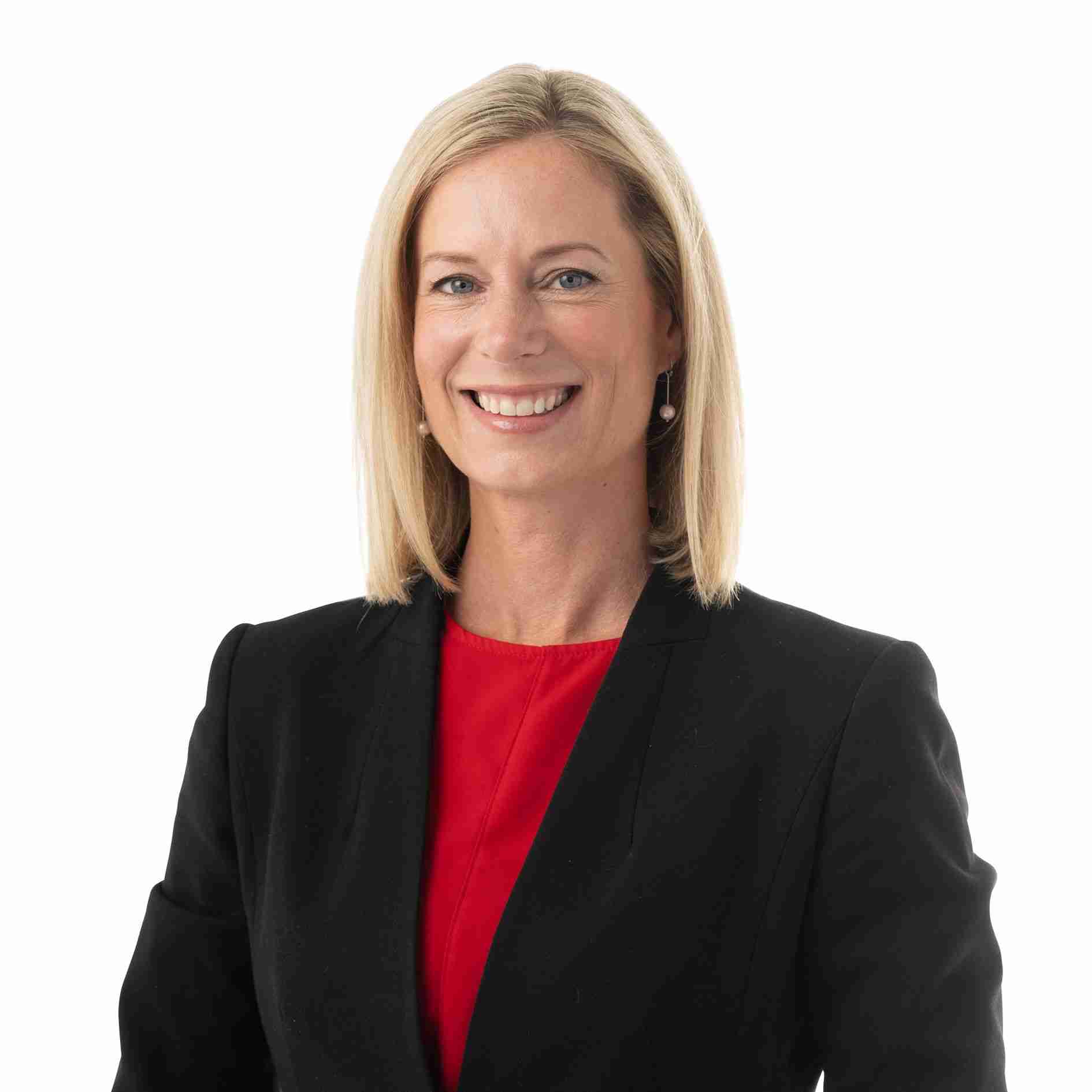
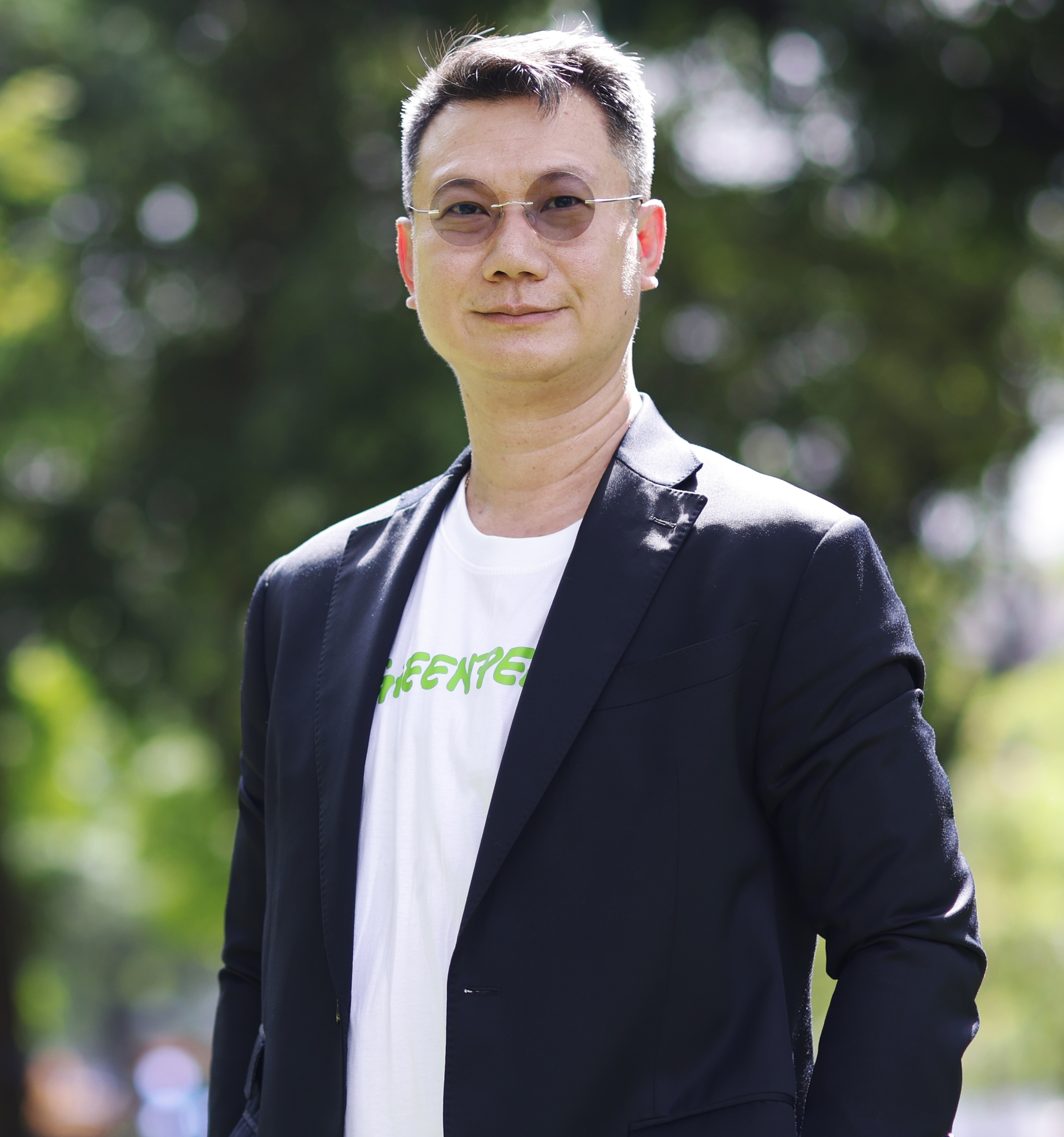
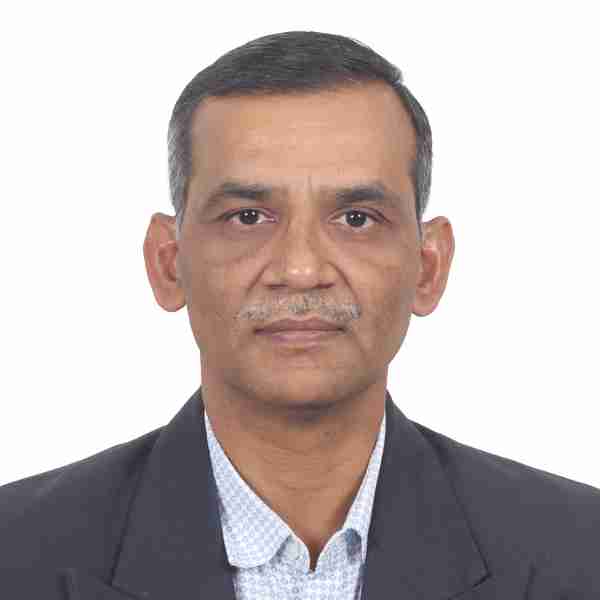

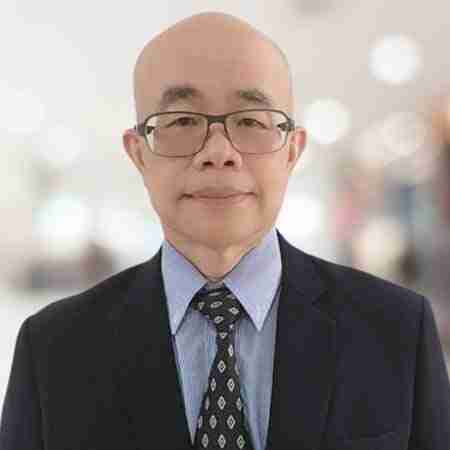
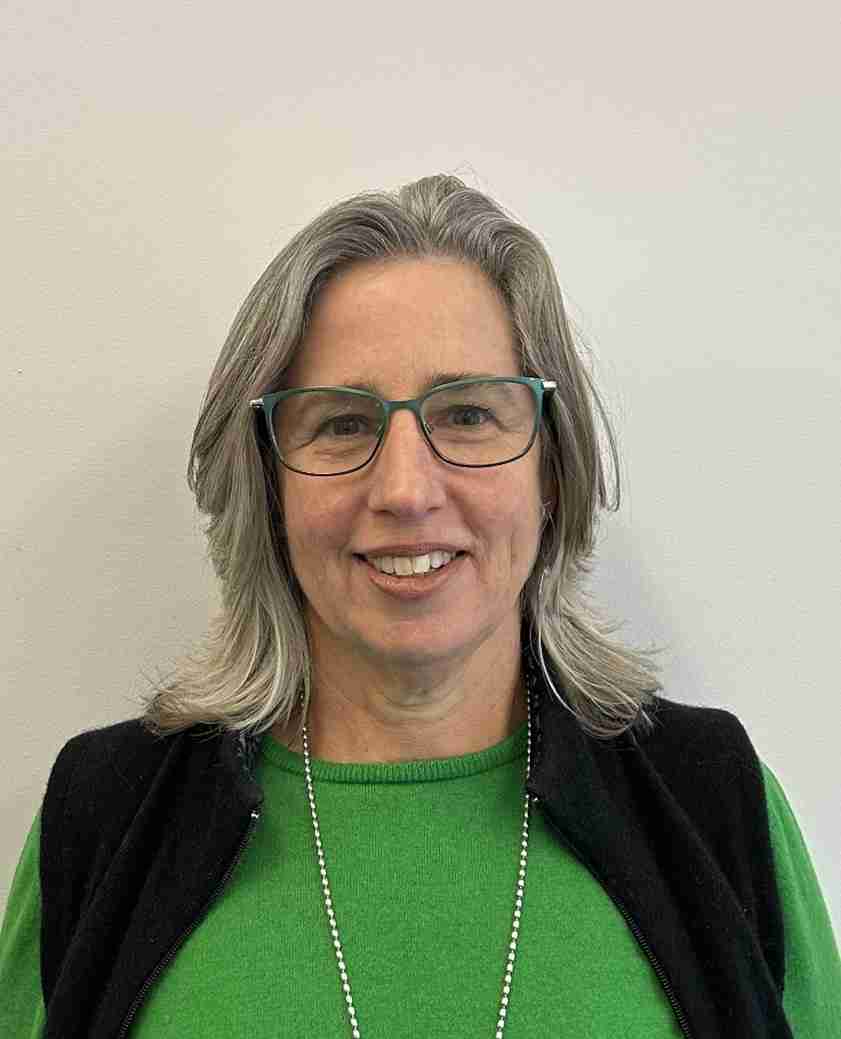
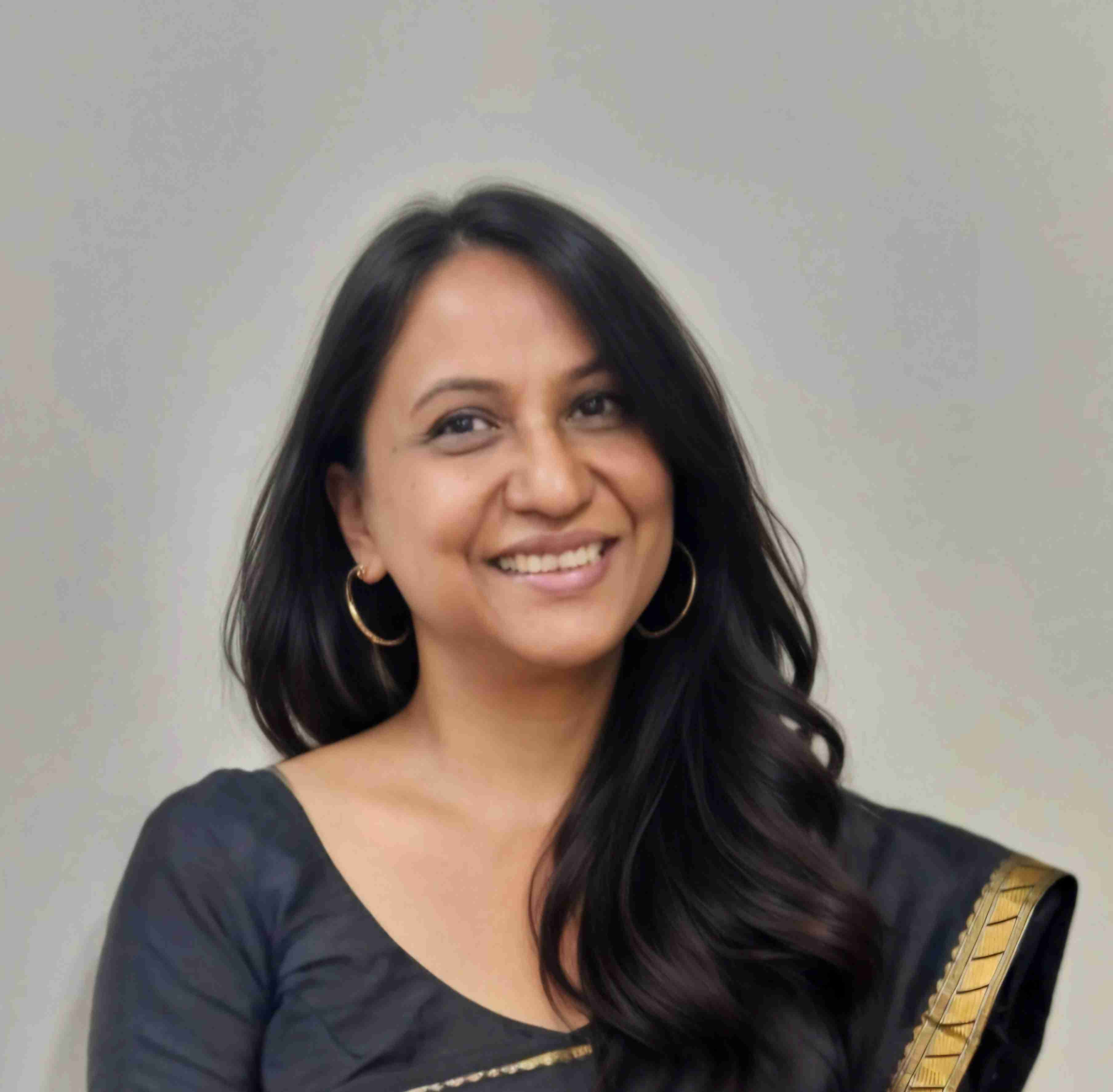
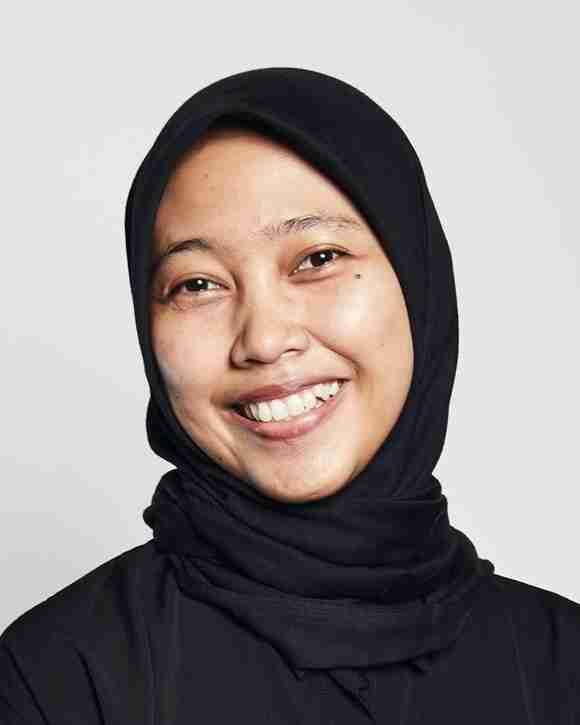
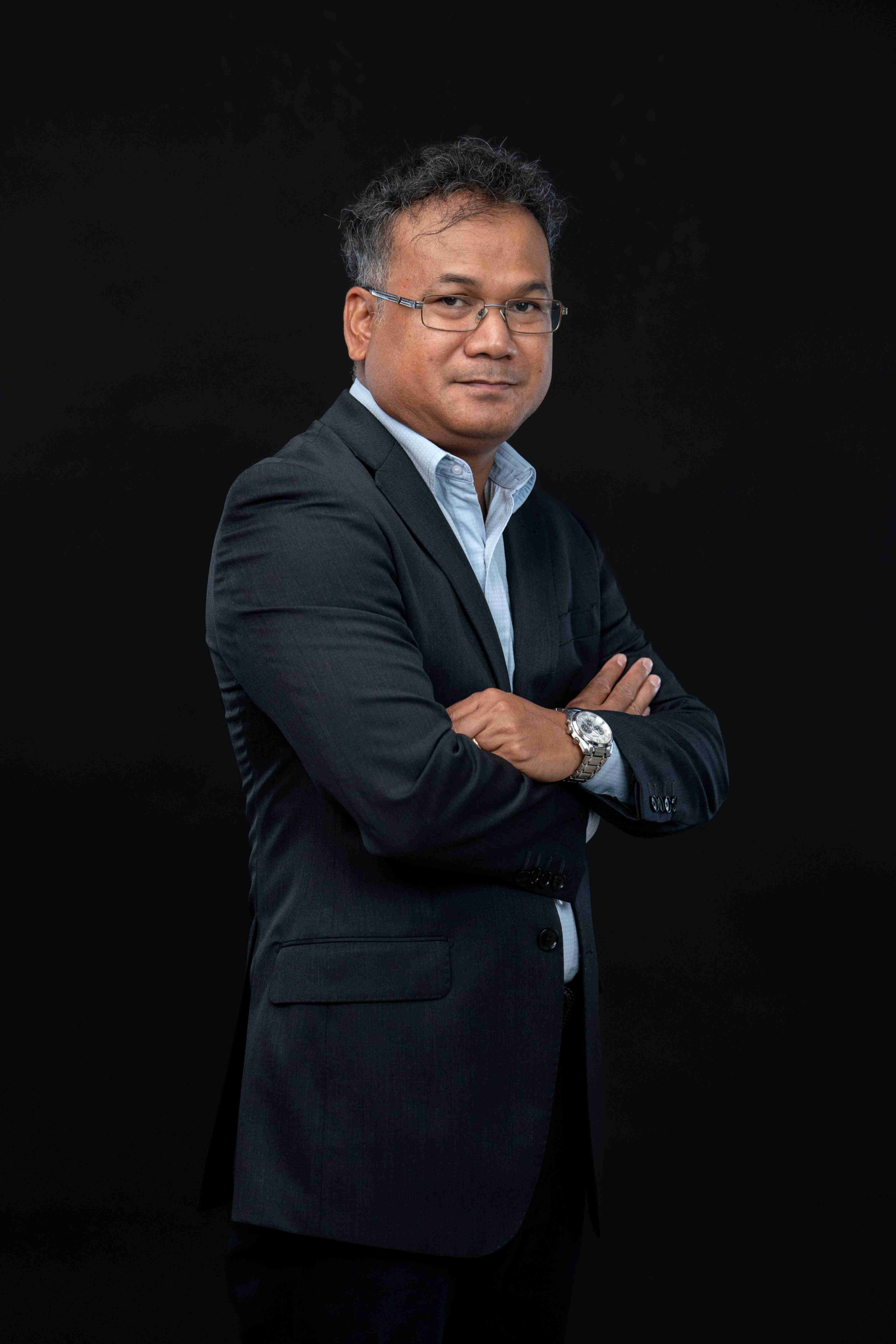
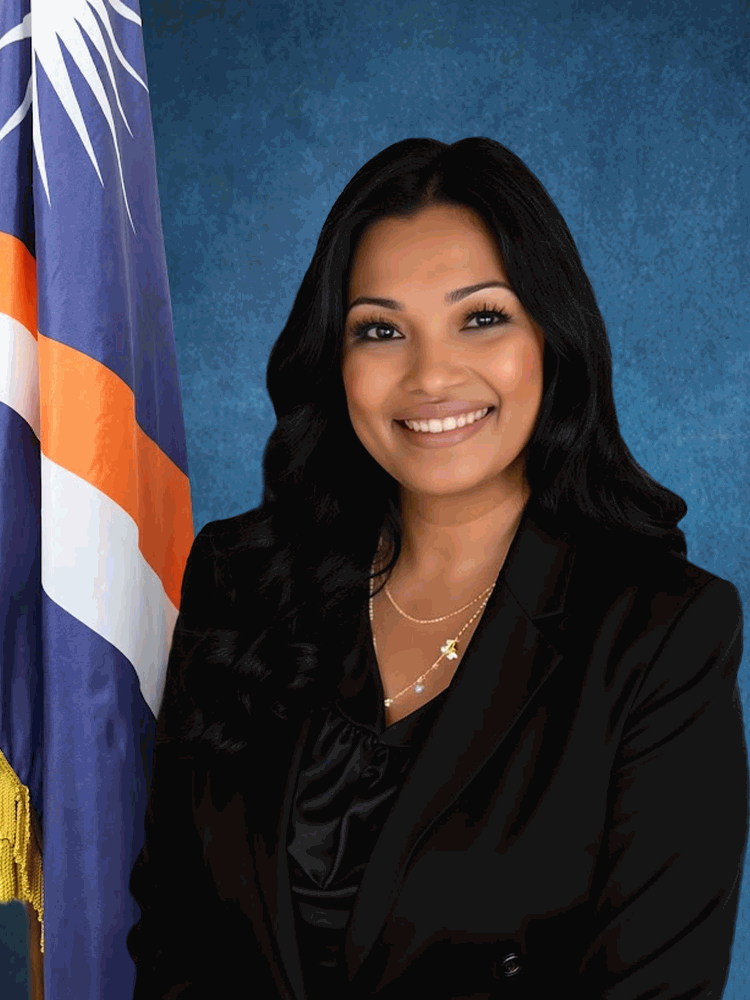
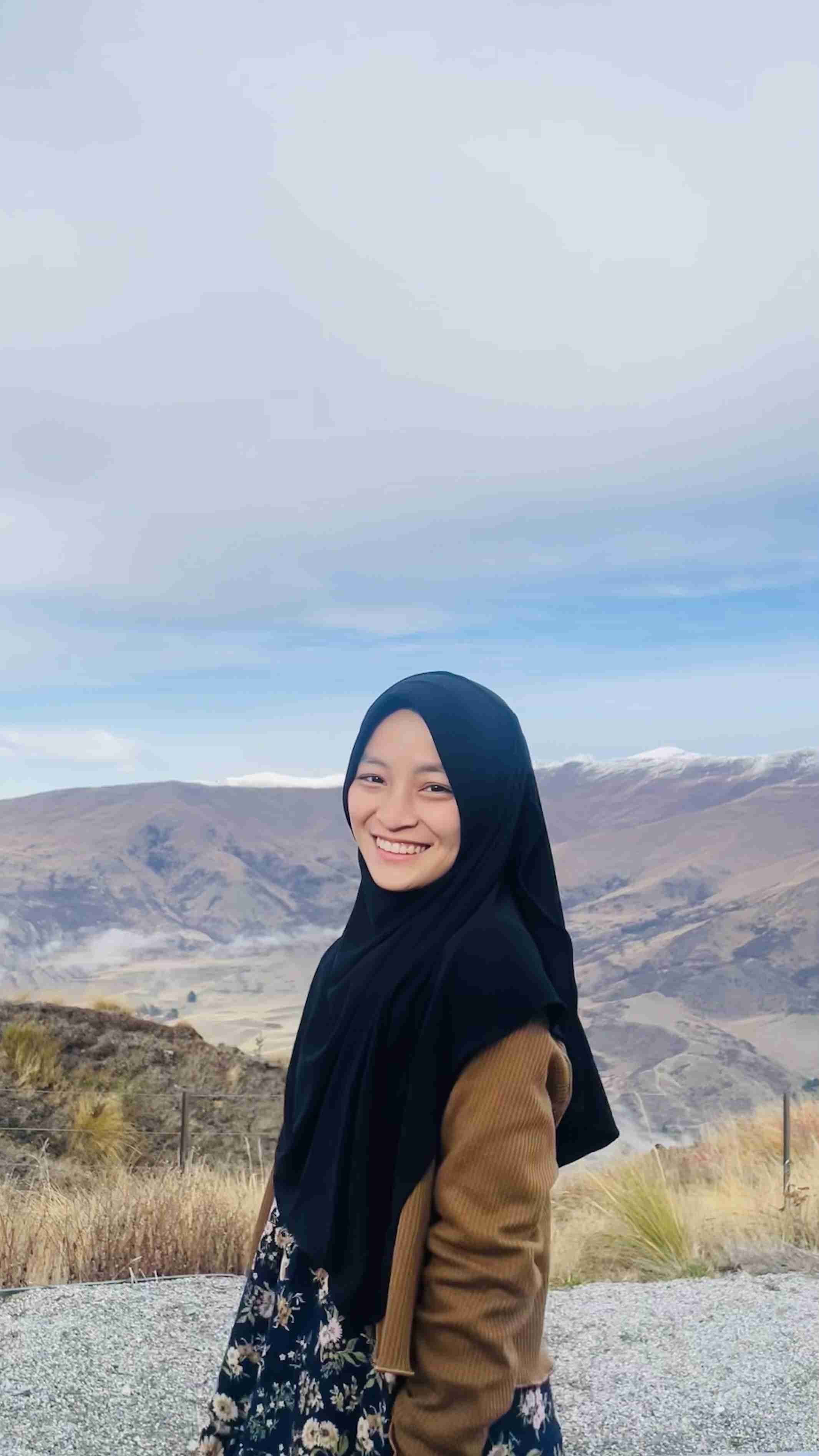

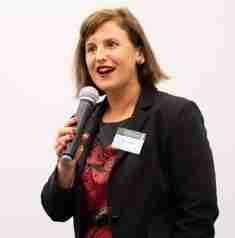
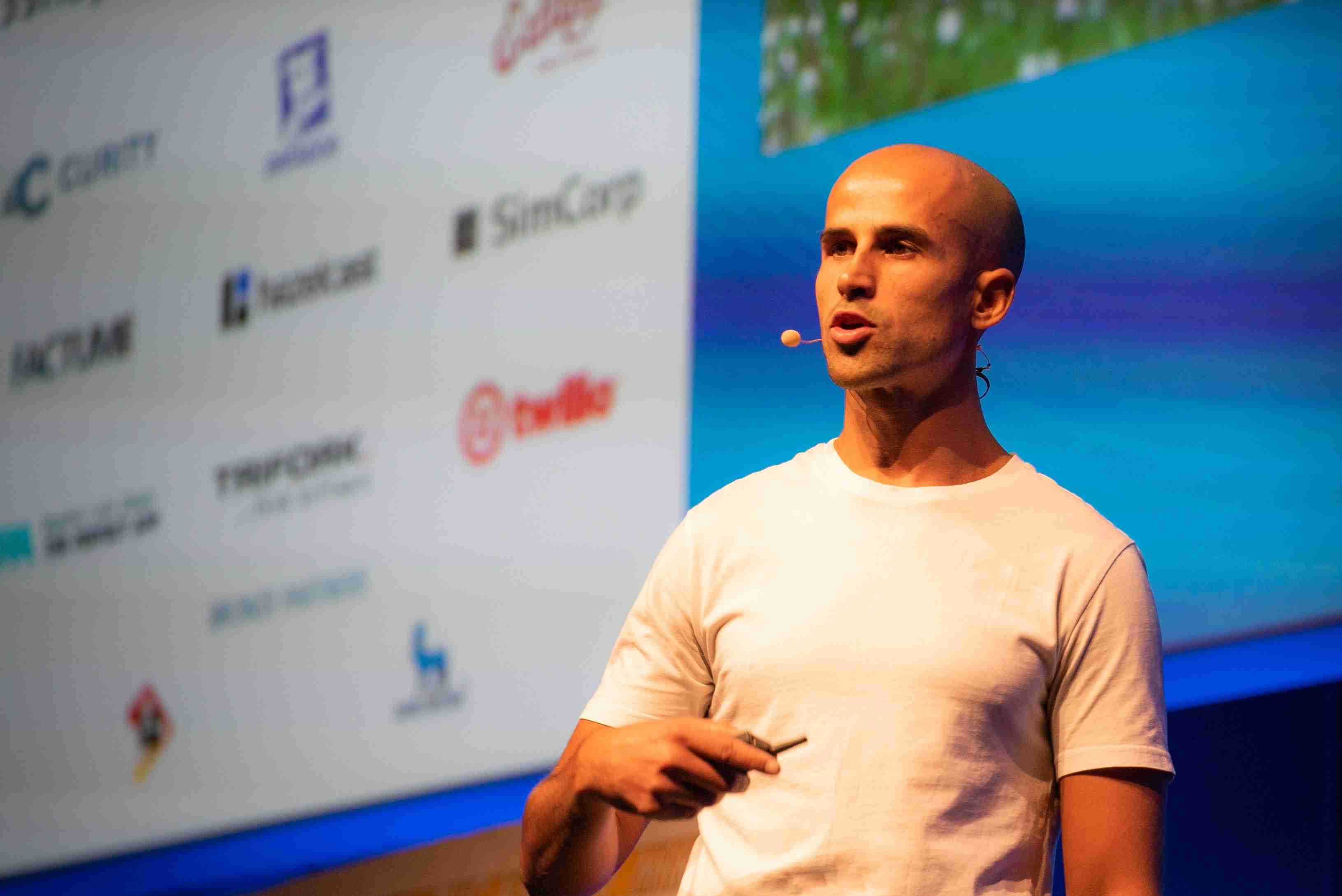
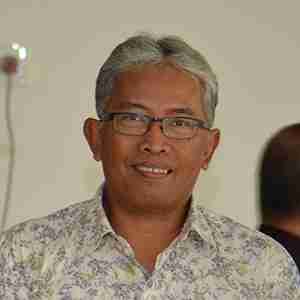
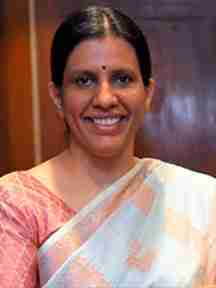

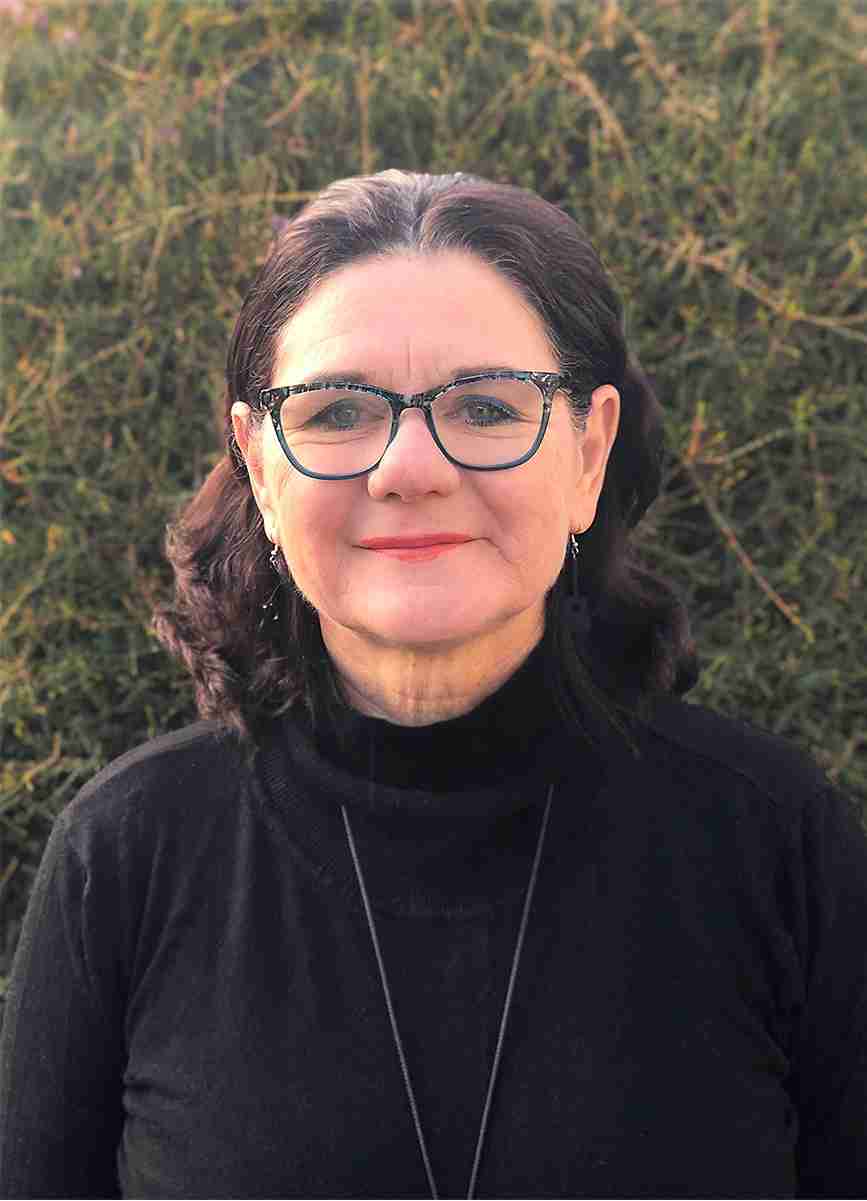
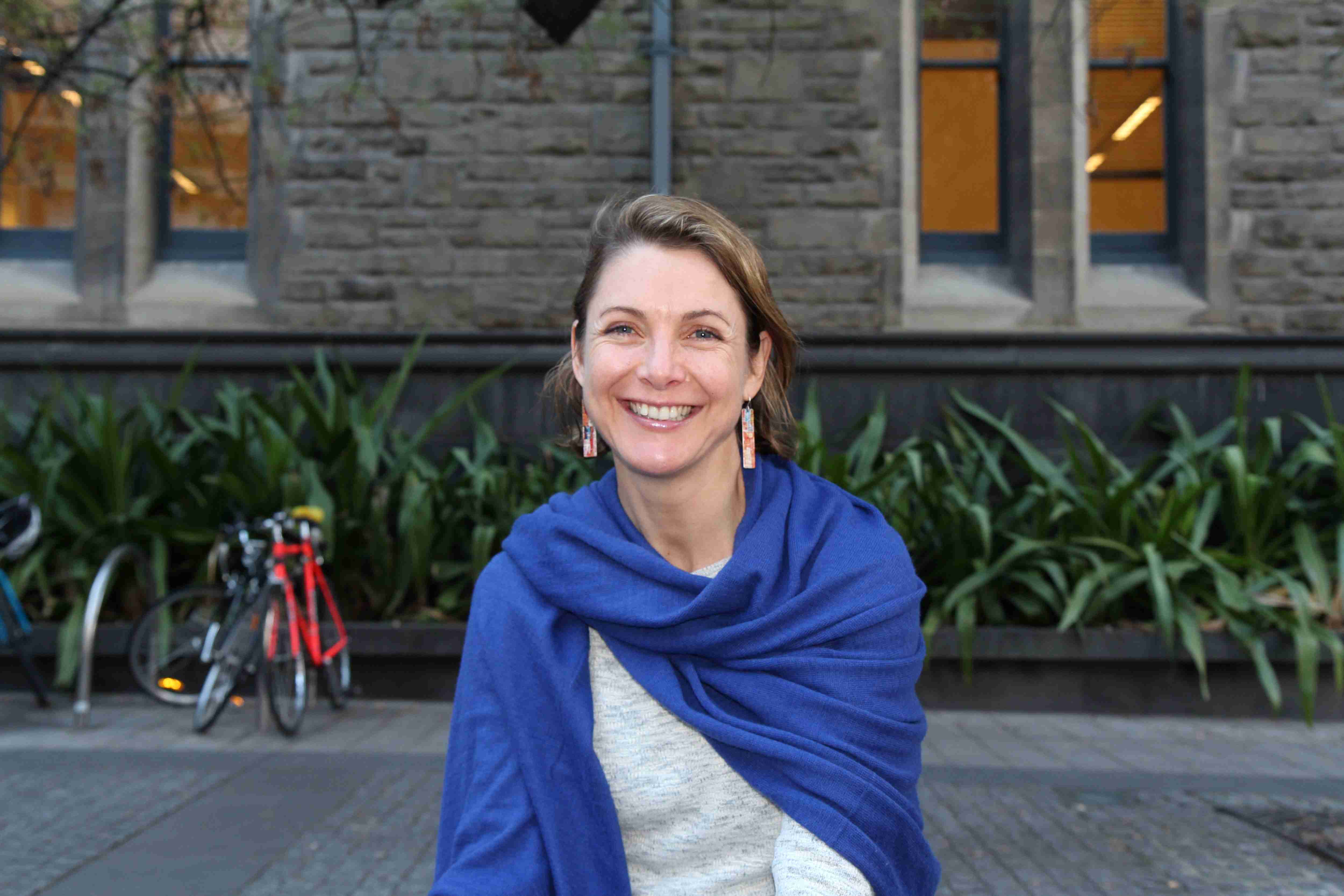



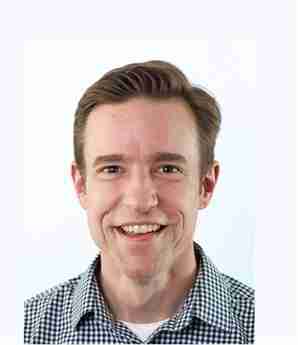
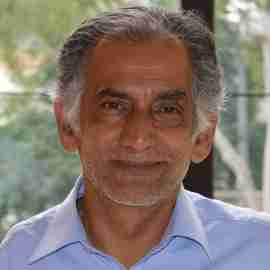




*All session times are in AEDT (Australian Eastern Daylight Time)
 11/03/2025 13:00
11/03/2025 13:00
 11/03/2025 13:10
11/03/2025 13:10
The Asia-Pacific region faces complex challenges at the intersection of environmental change, climate extremes, demographic transition, and population health. Rising sea levels, wildfires, air pollution, and ecosystem degradation affect the health and livelihoods of communities in complex ways, requiring holistic solutions informed by diverse knowledge systems including scientific data, local knowledge, and lived experiences.
The session explores these perspectives in the Asia-Pacific, sharing insights from regional initiatives and experiences in climate action, pollution control, and sustainable development, to support healthier environments and communities across the region.
 11/03/2025 13:50
11/03/2025 13:50
Climate change is fueling wildfires and smoke haze across Southeast Asia, with serious health consequences for vulnerable populations—particularly children, pregnant women, Indigenous peoples, and remote communities. Transboundary haze events demand coordinated regional responses, while local land-use practices and socio-political dynamics shape population exposure and resilience.
This session showcases two collaborative projects: HEAL-HAZE (Climate Change Adaptation to Smoke Haze for Improved Child Health in Southeast Asia) funded by National Health and Medical Research Council and CANBREATHE (Climate Attribution of Wildfire Smoke Impacts on Priority Population Health in Southeast Asia and Australia) funded by Wellcome. Together, these projects integrate scientific evidence, community engagement, and policy innovation to address smoke-related health risks and strengthen climate-health resilience.
 11/03/2025 15:20
11/03/2025 15:20
This panel will examine the health and equity dimensions of decarbonisation in the Global South, with a focus on energy transitions, sustainable supply chains, and just pathways to net zero. It will explore how community-led innovation, SME engagement, and regional collaboration can accelerate emissions reductions while safeguarding livelihoods, improving air quality, and reducing health burdens linked to fossil fuels. The discussion will connect lessons from Australia with the region’s decarbonisation efforts, highlighting co-benefits for health, climate resilience, and sustainable development.
 11/03/2025 16:30
11/03/2025 16:30
 11/04/2025 09:30
11/04/2025 09:30
Under this year's HEAL National Research Conference theme, ‘Weaving Diverse Knowledges into Climate Action for Better Health”, we will consider the priorities and challenges for the ACT in meeting National climate targets and contributing to the next ACT Climate Strategy. Through weaving the voices from Indigenous, community, and scientific knowledges, we will consider potential gaps and vulnerabilities that need to be considered in a just, healthy and climate resilient future.
 11/04/2025 10:30
11/04/2025 10:30
The harmful algal bloom in the coastal waters of South Australia has proven to be a devastating environmental change event, causing mass mortality in marine wildlife, impacting individuals, communities, and industry. The very future of the coastal ecosystem in SA is under threat.
In this symposium we will explore the public health impact of the HAB, with presentations from subject matter experts and a discussion panel.
This session forms part of the National NHMRC Healthy Environments and Lives (HEAL) national conference.
 11/04/2025 13:00
11/04/2025 13:00
The afternoon session is split into two parts. Part 1 examines a series of ideas about human spaces from various perspectives ranging from considering cities and health as complex adaptive systems, to anticipating the requirements for climate ready healthcare facilities, to Australian updates on the globally active healthy cities network and lastly, local government resilience planning across Queensland. Part 2 presents two ‘one health’ themed sessions. The first details the intent of the ‘Pengcheng Declaration on One Health’ resulting from a ‘HEAL’ supported international symposium on actioning one Health policy & practice regionally and globally. The second session presents ideas about scale and data integration needed to effectively apply a One Health lens to managing local and regional health outcomes.
 11/04/2025 17:30
11/04/2025 17:30
Networking session to discuss collaboration opportunities for research and policy.
 11/05/2025 12:00
11/05/2025 12:00
 11/05/2025 12:40
11/05/2025 12:40
Synopsis: This session explores the transformative potential of Indigenous-led, rights-based approaches to climate litigation as a pathway to climate justice. The plenary brings together First Nation and non-Indigenous researchers, climate and health advocates and legal experts to examine how Aboriginal and Torres Strait Islander peoples are using legal systems to assert sovereignty, protect Country, and challenge colonial structures. Panellists include, Francis Nona (Badu/Saibai), Kate Wylie and Jan McDonald.
Participants will gain insights into:
-The intersection of climate change, colonialism, and human rights.
-Lessons from landmark legal cases from the Torres Strait and Pilbara regions.
-Opportunities for strategic litigation, advocacy, policy reform, and community mobilisation.
This session is a call to action for researchers, policymakers, and allies to support Indigenous-led climate justice movements and to reimagine legal spaces as sites of resistance, revitalisation, and healing.
 11/05/2025 13:40
11/05/2025 13:40
Global health security threats from emerging ad re-emerging infectious diseases, antimicrobial resistance, and the impacts of climate change, and many other problems require holistic approaches that draw from the collaborative effort of multiple health and science-based professions. The ‘One Health’ approach is an important means to facilitate, mobilise, coordinate, and strengthen multi-disciplinary efforts and partnerships to pursue benefits to ecosystem, animal, and human health. This session examines actions and approaches to enhance human security through a One Health lens
 11/05/2025 14:20
11/05/2025 14:20
The harmful Algal Bloom in the coastal waters of South Australia (SA) has proven to be a devastating environmental change event, causing mass mortality in marine wildlife, impacting individuals, communities, and industry. The very future of the coastal ecosystem in SA is under threat, and the impacts of this bloom on society are likely to be multi-faceted. In this session our speakers and panellists draw upon their expertise in phytoplankton, marine biotoxins, and seafood safety to discuss the Harmful Algal Bloom and its likely health impacts. Considerations of how governments respond to such environmental change to safeguard human health will be explored.
 11/05/2025 15:00
11/05/2025 15:00
 11/05/2025 15:15
11/05/2025 15:15
This session explores how Indigenous knowledges and practices are shaping responses to climate change, health, and wellbeing across Australia. Presenters will share community-led approaches to healing through art, and co-designing climate solutions that includes economic, food and energy security. Attendees will gain insights into practical strategies and partnerships that centre First Nations voices in research and policy.
 11/05/2025 15:15
11/05/2025 15:15
This session explores how health systems in Australia and beyond can respond to environmental, operational, and policy challenges posed by climate change. Presentations will examine approaches to embedding sustainability and resilience into healthcare—from reducing carbon emissions and rethinking procurement practices to strengthening system preparedness, policies and accountability. The session showcases new evidence from across the sector, with a focus on transforming health systems toward a more sustainable future.
 11/05/2025 15:15
11/05/2025 15:15
 11/05/2025 15:15
11/05/2025 15:15
Science communication generally refers to public communication presenting science-related topics to non-experts. It can also simply describe communication between scientists, as well as between non-scientists. How you communicate depends on whether you are publishing research results in a peer-reviewed journal, talking to a reporter, interacting with students, or discussing your research with the public.
Science communication can aim to generate support for scientific research or study, or to inform decision making, including political and ethical thinking, and to improve understanding so as to mobilise action. This is particularly important to climate change. There is increasing emphasis on explaining methods, users engagement, co-designing rather than simply informing findings of science. This session will include presentations from research to policy and action examples.
 11/05/2025 15:15
11/05/2025 15:15
This session explores how cities can be designed to promote health, climate resilience, and equity through sustainable planning and nature-based solutions. Presentations explore frameworks for healthy cities, the role of outdoor spaces in recovery, low-cost air quality monitoring, and the mental health benefits of nature-based activities – advancing understanding of sustainable, post-pandemic urban living. It will interest researchers, planners, architects, public health professionals, and policymakers working at the intersection of health and urban environments.
 11/05/2025 16:45
11/05/2025 16:45
This session considers ways that community resilience to the impact of climate extremes are being developed, with a focus on community groups that are particularly vulnerable to these impacts. The four presentations will first provide an overview of the evidence for building psychological resilience during climate change. The cultural determinants of Indigenous resilience to the disproportionate impact on First Nations Australians of climate change will then be highlighted. Some ways that resilience is being fostered in specific communities will be described, including the design of an alliance in the rural/regional area of northern NSW, which was catastrophically affected by floods, and how the alliance has facilitated skill and knowledge exchange, developed shared training, and enabled peer support. Ways to mitigate impacts on young people will be covered through work the headspace initiative is doing to address the effects of climate change anxiety on young people’s mental health.
 11/05/2025 17:45
11/05/2025 17:45
 11/06/2025 12:00
11/06/2025 12:00
 11/06/2025 12:30
11/06/2025 12:30
This panel brings together leaders from federal, state, and local government to explore how climate adaptation strategies are being developed and implemented across scales. From national policy to frontline health responses, panellists will share insights on aligning efforts to build climate-resilient communities and systems.
 11/06/2025 13:30
11/06/2025 13:30
Plastic pollution has evolved from an environmental issue to a planetary crisis. Despite decades of research on plastics’ ecological, health, and climate impacts, translating this science into enforceable and equitable policy remains a challenge. This plenary explores the critical interface between scientific discovery, innovation, and policy formulation. It highlights pathways through which evidence-based science—on biopolymers, recycling innovations, and lifecycle assessment—can inform global frameworks such as the UN Plastic Treaty and national circular economy strategies. Drawing from case studies in material innovation, waste governance, and behavioural change, the talk emphasises co-design between researchers, policymakers, and industry.
 11/06/2025 14:30
11/06/2025 14:30
 11/06/2025 14:45
11/06/2025 14:45
Rural and remote communities are among the most exposed to the health impacts of extreme weather. This session will explore how geographic isolation, limited infrastructure, and existing health inequities in rural and remote locations intersect with climate risks to create unique challenges and opportunities for action. The session will be useful for health professionals, emergency and disaster professionals serving rural and remote locations, researchers and rural and remote community members.
 11/06/2025 14:45
11/06/2025 14:45
This session explores the health impacts of climate change—particularly extreme heat—through a transdisciplinary lens, with a focus on vulnerable populations such as older adults. Anchored by the Ethos project, the keynote will highlight how co-design and community involvement enhance the relevance and impact of heat-related research and interventions.
Complementary short talks will examine community engagement theory, climate justice, disaster resilience, and emerging evidence on heat-related health outcomes, including chronic kidney disease and risks to ageing populations. Together, these presentations demonstrate how integrating diverse knowledge systems—from public health and emergency management to urban planning and policy—can foster more inclusive and effective climate adaptation strategies.
The session offers practical tools for participatory research, community engagement, and climate-health resilience, and is ideal for researchers, public health professionals, urban planners, emergency managers, and policymakers.
Key Takeaways:
-Transdisciplinary approaches to climate-health
-Evidence on heat-related risks
-Tools for engagement and adaptation planning
 11/06/2025 14:45
11/06/2025 14:45
This session will build understanding of how HEAL Data and Decision Support Systems can be leveraged to inform policy and regulatory outcomes.
 11/06/2025 14:45
11/06/2025 14:45
This session will explore the health impacts of climate extremes and adaptation strategies. Topics include co-designed advice for reducing air pollution exposure, firefighter health protection, bushfire information needs among youth, indoor air pollution and heat-related pregnancy outcomes. Presenters will highlight equity, vulnerability, and practical responses to climate risks, framed by a keynote from Neal Fann on climate-health equity.
 11/06/2025 14:45
11/06/2025 14:45
This session focuses on the application of different infectious disease modelling methods across epidemiological systems.
 11/06/2025 16:15
11/06/2025 16:15
 11/06/2025 17:00
11/06/2025 17:00
We thank the Conference Scientific Committee and Conference Awards Review Panel, 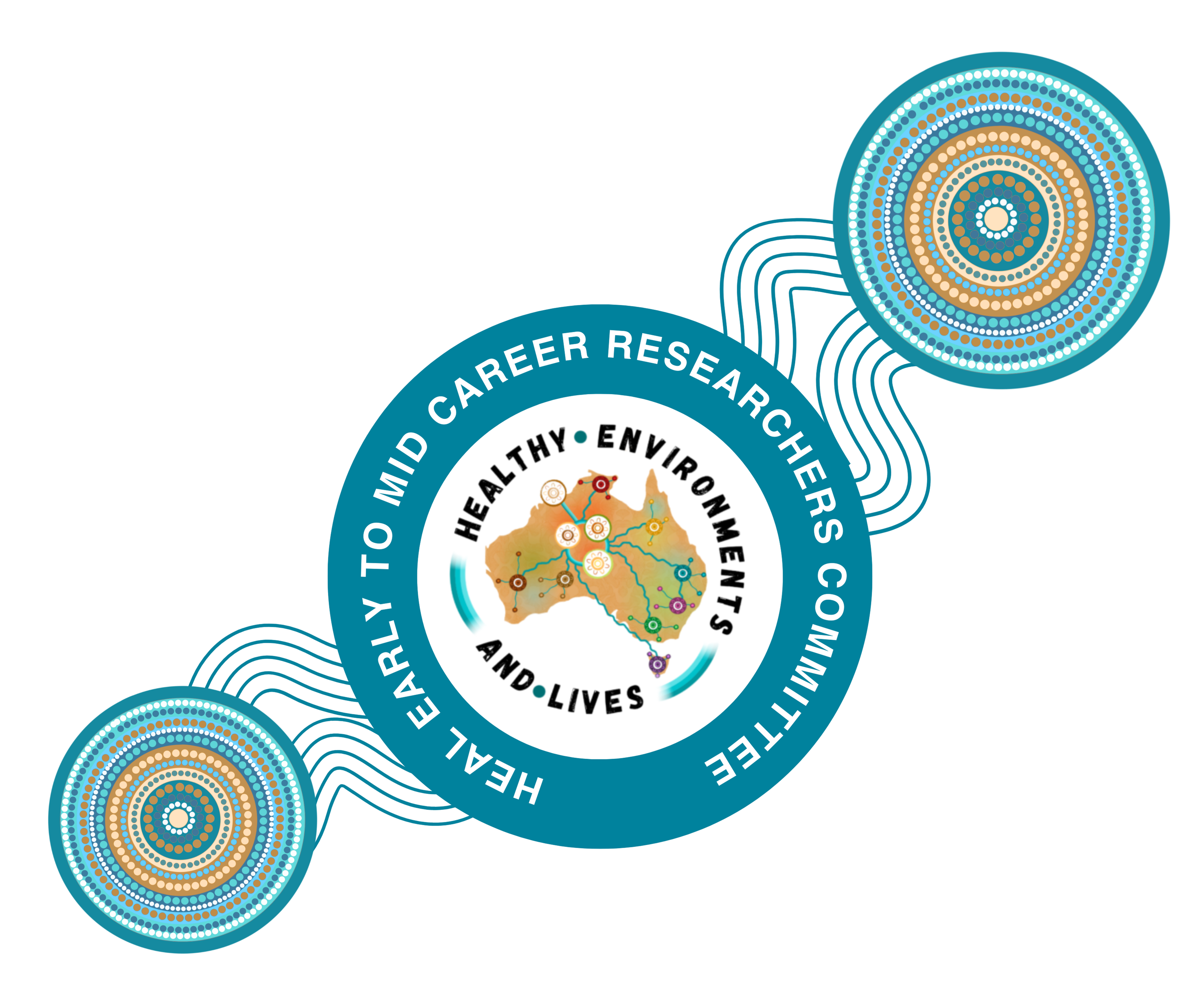 Early and Mid-Career Researcher Steering Committee and the Conference Organising Committee for their contributions in shaping this conference.
Early and Mid-Career Researcher Steering Committee and the Conference Organising Committee for their contributions in shaping this conference.
HEAL strives to increase sustainability and reduce our carbon footprint as part of our commitment to improving the health of all people and the environment, and the HEAL 2025 Conference has been designed to reflect this ethos. The hybrid format of the conference, with full online coverage and regional in-person sessions in all Australian states and territories, aims to stimulate interaction and minimise travel, energy use and waste. Information and tips on how to reduce the carbon footprint of your participation in the conference can be found in the HEAL 2025 Sustainability Statement.
